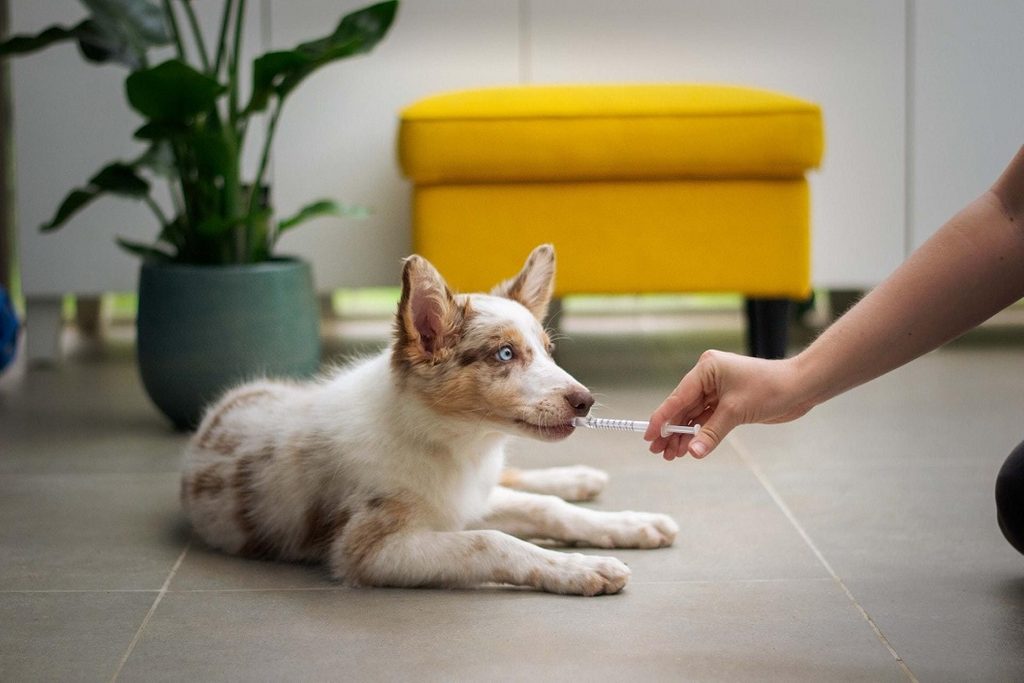The EU is widely recognised as a leader in environmental sustainability issues, with the landmark European Green Deal highlighted as one of the bloc’s overarching priorities in the coming years.
At the same time, European countries have also committed to improving the standard of animal health and welfare across the continent. The EU continues to progress a wide-ranging revision with a “fitness check” of its existing animal welfare legislation, and little over a year ago established new rules improving the availability and innovation of veterinary medicines.
To achieve both aims, the EU must take care that new rules designed to meet its sustainability goals are not inadvertently at odds with its agenda for animal welfare.
Legislation to support sustainability goals, while appropriate for some sectors, must avoid the unintended consequences of undermining Europe’s animal welfare agenda at a time when countries have committed to improving standards of both animal health and welfare. Likewise, any consequence that negatively impacts animal health could also potentially create new risks for human health across the continent.
For instance, the new rules being developed by the bloc seek to apply a more consistent approach to packaging and packaging waste across the continent, while reducing the environmental impact of wasted materials and improving recyclability.
Crucially, the new rules under development on packaging waste could eventually require animal medicine producers to use recycled materials – despite the health risks they pose – while proposed bans on “forever chemicals” could limit the production and availability of key medicines – limiting supply for Europe’s pets and livestock.
EU policymakers should recognise the importance of veterinary medicines and preserving access to critical medicines for sick pets and livestock, not just for raising standards of animal health and welfare, but also for preventing health risks from crossing over to humans.
MEPS can ensure trade-offs from the new legislation are minimised by including appropriate exemptions from recyclability requirements for critically important products such as veterinary medicines.
At present, veterinary medicine packaging which directly interacts with medicinal substances is only exempt from recyclability requirements until 2035. In some cases, the recycling of packaging from veterinary medicine products poses inherent and unnecessary risks to human and environmental health, because of the potential residues of the medicines that were in contact with the packaging.
Therefore, to avoid creating a new set of challenges for human health at the expense of vital animal health medicines, this exemption from recyclability should be extended beyond its current limit.
Secondly, the EU can continue to promote a high standard of animal health and welfare by exempting veterinary products and manufacturing processes from proposed bans on “forever chemicals.”
At the same time as ongoing discussions on packaging waste and recyclability, separate EU legislation is seeking to restrict the use of polyfluoroalkyl substances (PFASs) in manufacturing, given their longevity and potentially harmful environmental impact.
Yet, the animal health industry already undertakes rigorous assessments on the beneficial health effects and the environmental impact of such chemicals in veterinary products. The new legislation would, therefore, achieve little but adding additional barriers to improving the standard of animal health across Europe.
Finally, the EU must continue to apply a common-sense approach to all sustainability legislation, including, for example, as it draws up new penalties for urban waterway polluters.
New revisions to the EU’s Urban Wastewater Treatment Directive will require the human pharmaceutical and cosmetics sector to pay for the removal of micropollutants which arise during manufacturing and production from urban waste water.
Animal health, as a predominantly rural sector, does not currently feature under the scope of the urban-focused directive, and rightly so. Animal medicines, unlike human medicines and cosmetics, are developed primarily for use in rural industries, such as animal agriculture, which remain remote from urban waste-water systems. Even companion animal products do not enter urban waste-water systems when used and disposed of correctly.
Therefore, to avoid adding additional complexity to the production of animal health medicines and threatening the standard of animal health and welfare on the continent, the sector should remain outside of the new requirements under revision by the bloc.
Ultimately, by making specific provisions for animal health products in the swathe of new legislation either under discussion or in line for revision by the EU, the bloc can ensure that environmental action and animal health are not a zero-sum game.
Instead, the aims of improved animal health and welfare and greater environmental sustainability can – and should – work together collaboratively for a greener, healthier future for the continent and its population.


